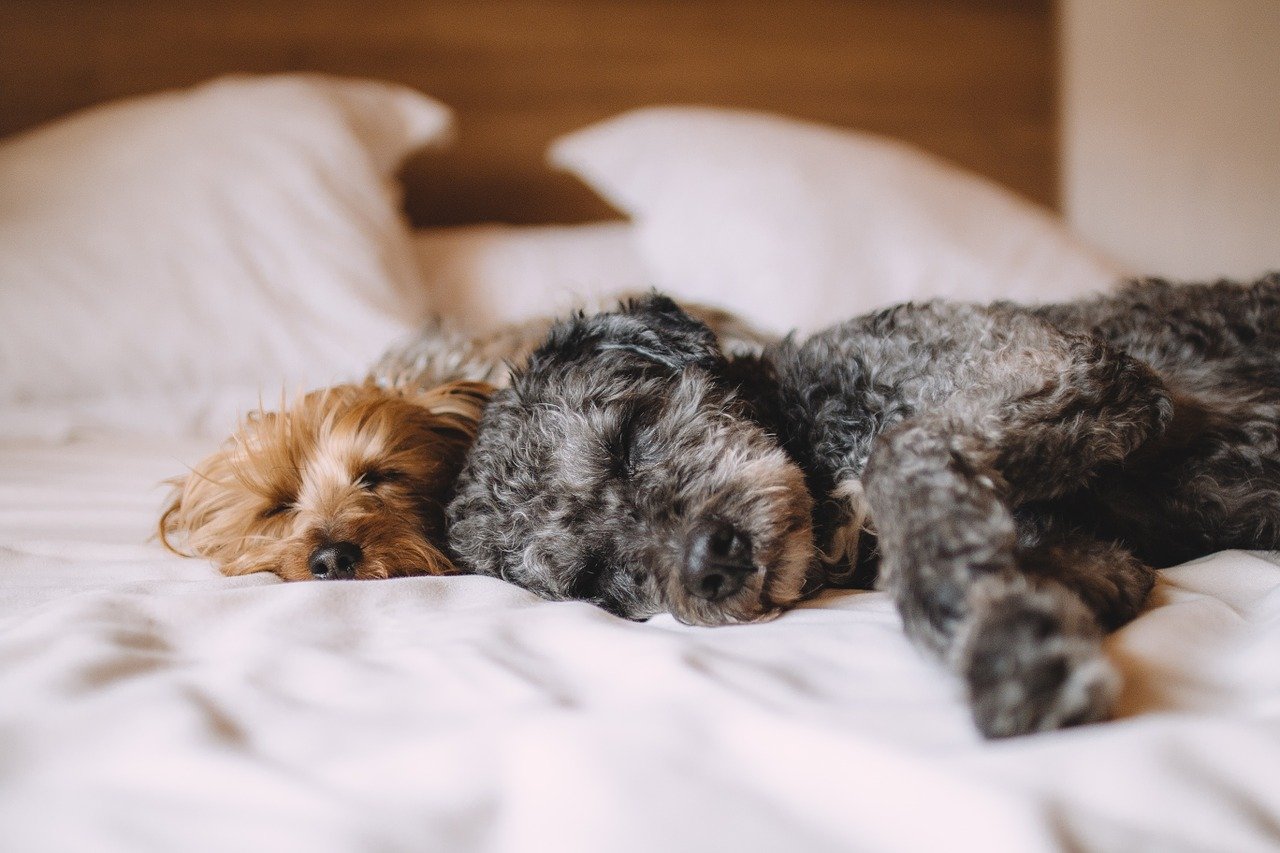Dead in bed syndrome

One of the fears I had as a newly diagnosed diabetic was that I would go to sleep and not wake up again. It is known as dead in bed syndrome, where you go to bed fine, but then they find you dead in the morning. The reasons why it happens are unclear. Scientists speculate that nighttime hypoglycemia triggers disturbances in heart rhythm. Another possibility is that hypoglycemia-associated autonomic failure, where you have reduced hypo awareness, plays a part. It means that the body has a lower ability to produce adrenaline or glucagon in response to a hypo and won’t release glucose when blood sugar goes low.
While dead in bed syndrome is rare, we believe it’s the cause of death for six percent of type 1 diabetics under the age of forty. Since the introduction of synthetic insulin in the 1980s, it has become more commonplace. Research indicates that synthetic insulin has a reduced stress response compared to animal insulin.
So, what precautions can you take against dead in bed syndrome? One is to go to bed with higher blood sugars. Many health care professionals recommend a blood sugar of above 6.5 mmol/l (117 mg/dl) at bedtime. Of course, if you aim for non-diabetic blood glucose, you don’t want to spend extended periods above target. Seeing as you’re asleep for a third of your life, it influences your average blood sugar significantly. I aim for 5-5.5 mmol/l (90-99 mg/dl) before sleep. Most of the time, I wake up in the same range. There have been periods though when I’ve struggled with nighttime hypoglycemia.
What I learned from these experiences is that I always wake up. Sometimes sweating with my tongue numb in the lower 2’s (36-53 mg/dl) which is very unpleasant, but I feel far from dead. The only exception is when I’ve been drinking alcohol. There isn’t any research data on it, but it wouldn’t surprise me if many cases of the dead in bed syndrome are related to alcohol consumption.
After drinking, I don’t wake up the way I normally do. Sometimes the libre graph shows hours of hypos that I’ve slept through. One of the problems with alcohol is that while the liver is busy with detoxification, it won’t respond to glucagon and release that lifesaving burst of glucose. Also, you can sleep your way through a hypo that would wake you up on any other night. For this reason, if I drink late at night, I eat carbs and aim for a target blood glucose of 7-8 mmol/l (126-144 mg/dl) before bedtime. I often wake up high and feel a bit sluggish, but it’s better than the alternative.
I’m no longer afraid of dying in my sleep. But all things considered, it wouldn’t be the worst way to go.